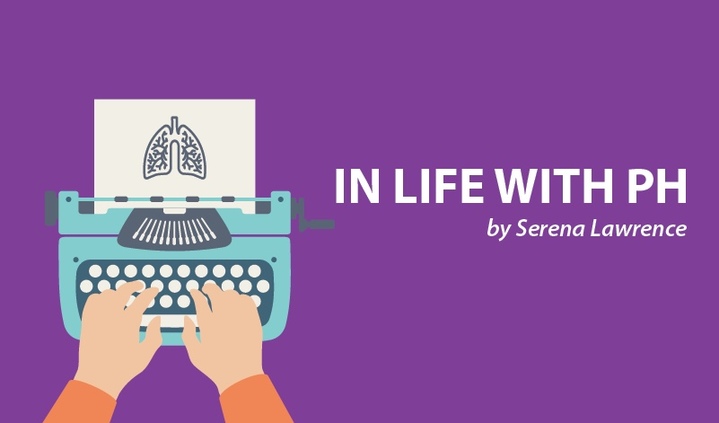Study Shows an Affordable Generic Drug Could Help Treat PAH Patients
Written by |

The cost to treat pulmonary arterial hypertension (PAH) is often exceedingly high, costing more than $200,000 annually. Rare disease markets are much smaller than the typical drug market, meaning the cost of treatments for rare diseases, such as PAH, are priced higher than treatments that are more commonly prescribed. But researchers in Alberta, Canada, may have found a more affordable solution using a generic drug.
A Phase 1 study (NCT01083524) from the University of Alberta, in collaboration with the Imperial College of Medicine in London, England, found that dichloroacetate (DCA) could help decrease blood pressure within the lungs of those living with PAH. It was published recently in Science Translational Medicine.
DCA is an older generic medication that has been used since the 1960s. It costs only a few cents per dose, a stark difference from the cost of most PAH treatments. DCA is most commonly used to treat children born with mitochondrial disease.
PAH causes inflammation and an overgrowth of cells lining the pulmonary arteries, which can cause arterioles and capillaries to become narrowed and stiffened over time. These changes make it more difficult for oxygenated blood to be pushed through the lungs, causing the heart to become overworked. This can lead to heart failure, and cause those with PAH to have difficulty completing basic activities and feel short-of-breath and fatigued.
According to a CTV News Canada article, “This overgrowth of cells is caused by a decrease in the function of their mitochondria, the energy-producing engines of the cell, which also have the ability to regulate cell overgrowth.” The medication DCA can help improve the mitochondrial function of the abnormal cell growth found in PAH lung arteries.
For the study, 20 patients with PAH who have already been treated with at least two approved therapies for PAH were also given DCA orally for four months. Patients were given three different doses of DCA, which caused tingling in toes and fingers at higher doses. This side-effect improved when DCA was stopped or given at a lower dose.
Seven of the 16 patients treated with lower doses of DCA saw a decrease in the pressures found in their lung arteries and also noted a significant improvement in their ability to walk.
“The overgrowth of cells in PAH arteries looks a lot like the growth of cancer cells, where the mitochondria are also dysfunctional and DCA has shown promise as a potential cancer treatment,” Dr. Evangelos Michelakis, who led this study, said in the article.
As someone with idiopathic pulmonary arterial hypertension (IPAH), this approach to treating PAH is very exciting. Typical PAH treatments focus on vasodilation as a way to lower pulmonary pressures, but it appears as if cell dysfunction plays a crucial role in PAH as well.
The article also notes that “with a simple genetic test, the scientists also discovered that the patients who didn’t respond to the DCA treatment carried gene variants that can impair mitochondrial function.” These findings could help doctors better predict the effectiveness of treatments for patients, and allow doctors to create a more specialized treatment plan for PAH patients.
It is important to note that because DCA is a generic drug, it offers no potential profit for any drug company. So this study was supported by public funds and private donations, rather than by a pharmaceutical company, which would support testing of its own products. As a patient with IPAH, I can’t help but wonder if the low cost of a potential PAH therapy might hinder its ability to be introduced to the market.
***
Note: Pulmonary Hypertension News is strictly a news and information website about the disease. It does not provide medical advice, diagnosis, or treatment. This content is not intended to be a substitute for professional medical advice, diagnosis, or treatment. Always seek the advice of your physician or other qualified health provider with any questions you may have regarding a medical condition. Never disregard professional medical advice or delay in seeking it because of something you have read on this website. The opinions expressed in this column are not those of Pulmonary Hypertension News or its parent company, Bionews Services, and are intended to spark discussion about issues pertaining to pulmonary hypertension.




Lindsey Willard
Wow. So interesting. My son was just diagnosed with POTS but during his diagnostic tests they found that his pulmonary artery pressure was 40mm/hg. Is your PH related to your POTS? I read another post of your mentioning you have POTS. I'm so confused, The POTS specialist thinks his PH is related to POTS and wants to see if it will get better with POTS treatment. Not sure if it's appropriate to ask! I'm desperate to understand what is going on.